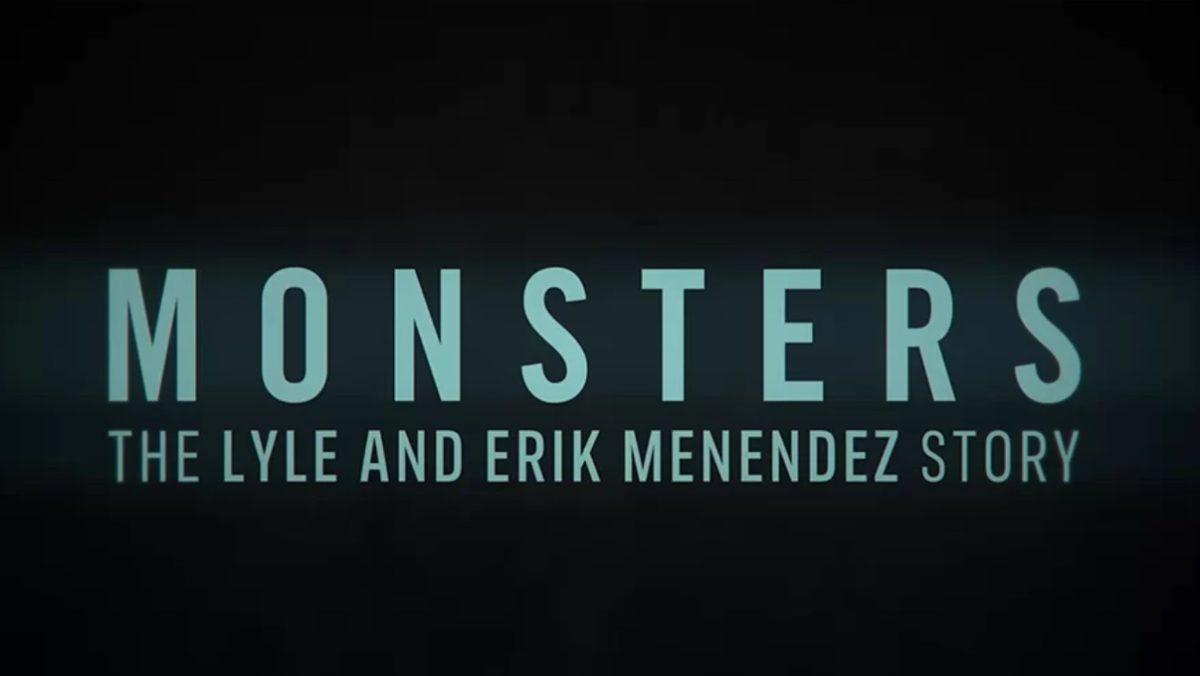Netflix has produced a multitude of shows and movies about popular true crime cases. Often, these shows become very popular, with a fan base developing around the particular case. There have been instances where fans of shows such as “Dahmer” or “Monsters: The Lyle and Erik Menendez Story” treat the depictions of real life people like fictional characters by dressing up as them for Halloween or making edits of them on TikTok. These fans fail to realize that people’s lives have been affected by these cases. Not only is it inappropriate, but it is unethical to turn these stories into various forms of entertainment. An unfortunate consequence of these shows is the retraumatization of the victims’ family members as well as the spread of misinformation about the cases, which often leads to viewer insensitivity.
When viewers of true crime shows treat the characters as fictional, they fail to recognize the fact that these characters represent real people. After Netflix’s release of “Dahmer,” searches for Jeffery Dahmer Halloween costumes increased. This led EBay to have to remove any Dahmer related sales from their website to prohibit consumers from breaking their anti-violence policies. Many viewers don’t realize that supporting these characters promotes violence and displays insensitivity towards victims of these cases. By normalizing true crime shows, viewers become desensitized to the abhorrent actions of the perpetrators involved and begin to treat them as fictional characters.
When turning true crime cases into stories that will be amusing to viewers, victims’ families are forced to relive the trauma surrounding the case. This can be seen with Rita Isbell, the sister of Erroll Lindsay, a man who was murdered by Jeffrey Dahmer. In “Dahmer”, Isbell’s statement that was given at Jeffery Dahmer’s sentencing was depicted without her knowledge or consent. In an essay for “Insider”, Isbell explains the issue with Netflix profiting off the murders of victims without notifying the deceased person’s family or giving them a cut of the money that was made from the series. Eric Perry, the cousin of Lindsay, also expressed the family’s outrage, saying that “[the Isbells] are pissed about the show.”
Netflix’s lack of compensation or consent from the victims’ family brings forth ethical considerations– at what point does the need to be respectful outweigh the monetary gain made from these shows? At the very least, Netflix should compensate the victims’ families rather than merely collecting profits from these traumatic events.
A similar feeling of disappointment was expressed by family members of Erik and Lyle Menendez, who have showcased their disgust with Netflix’s “Monsters: The Lyle and Erik Menendez Story.” In an X post, Erik Menendez’s wife shared a statement from Joan VanderMolen, the aunt of the Menendez brothers. In the post, VanderMolen describes the show as “a phobic, gross, anachronistic, serial episodic nightmare that is not only riddled with mistruths and outright falsehoods…Our family has been victimized by this grotesque shockdrama.”
While they may not be acknowledged by fans of these true crime series, families of the victims of such cases deserve to not have these traumatic experiences plastered all over the Internet, especially if the depictions are inconsistent with real life events. Because these cases are being made into entertainment, Netflix has no obligation to be strictly truthful in their retelling of events. The series are often mere interpretations of what occurred and fail to provide an accurate depiction of the cases. This allows viewers who are often under informed to form biased opinions that stem from inaccuracies they watch on the show.
In the future, Netflix and other media companies should be more considerate of the emotional and psychological damage to relatives of victims that occurs as a result of these series. The dramatization of these true crime cases should be met with consideration of the family members of the victims, which could include their consent, compensation from profits made from the show or at least a forewarning of the show’s creation. True Crime should remain accurate and respectful to ensure that victims are being portrayed with dignity and courtesy.









